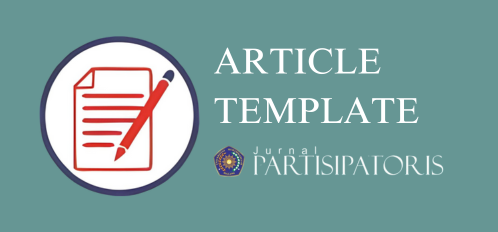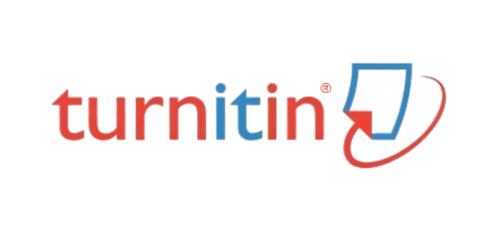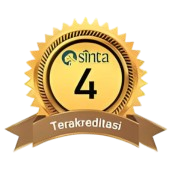THE MYTH OF ECONOMIC GROWTH IN TUMPANG PITU GOLD MINE IN BANYUWANGI EAST JAVA
DOI:
https://doi.org/10.22219/jp.v2i1.11746Abstract
Growth becomes a measure in assessing the progress of both countries and regions,to pursue growth will sacrifice the environment on a large scale for the benefit of
capital that will have an impact on increasing the growth of gross domestic product
(GDP). The growth regime will result in environmental exploitation, as happened in
the Banyuwangi Tumpang Pitu gold mine. This study uses the Degrowth approach,
which provides a critical view of the forms of growth that are continuously damaging
to the environment and choosing alternatives for sustainable growth and can be
harmonized with the ecology. Degrowth becomes a foothold in the analysis process
to reduce and even eliminate the size of growth that only looks at the aspect of
GDP, which is explained as a regime that massively destroys the environment, as
happened in the Banyuwangi Tumpang Pitu gold mine.
Downloads
Download data is not yet available.
Downloads
Published
31-03-2020
How to Cite
Sandi Pratama Putri, M., & Prasetyo Adi, A. (2020). THE MYTH OF ECONOMIC GROWTH IN TUMPANG PITU GOLD MINE IN BANYUWANGI EAST JAVA. Jurnal Partisipatoris, 2(1), 51–57. https://doi.org/10.22219/jp.v2i1.11746
Issue
Section
Articles
License
Authors who publish with Jurnal Partisipatoris agree to the following terms:
- For all articles published in the Jurnal partisipatoris, copyright is retained by the authors. Authors give permission to the publisher to announce the work with conditions. When the manuscript is accepted for publication, the authors agree to the automatic transfer of non-exclusive publishing rights to the publisher.
- Authors retain copyright and grant the journal right of first publication with the work simultaneously licensed under a Creative Commons Attribution-ShareAlike 4.0 International License that allows others to share the work with an acknowledgment of the work's authorship and initial publication in this journal.
- Authors are able to enter into separate, additional contractual arrangements for the non-exclusive distribution of the journal's published version of the work (e.g., post it to an institutional repository or publish it in a book), with an acknowledgment of its initial publication in this journal.
- Authors are permitted and encouraged to post their work online (e.g., in institutional repositories or on their website) prior to and during the submission process, as it can lead to productive exchanges, as well as earlier and greater citation of published work (See The Effect of Open Access).











